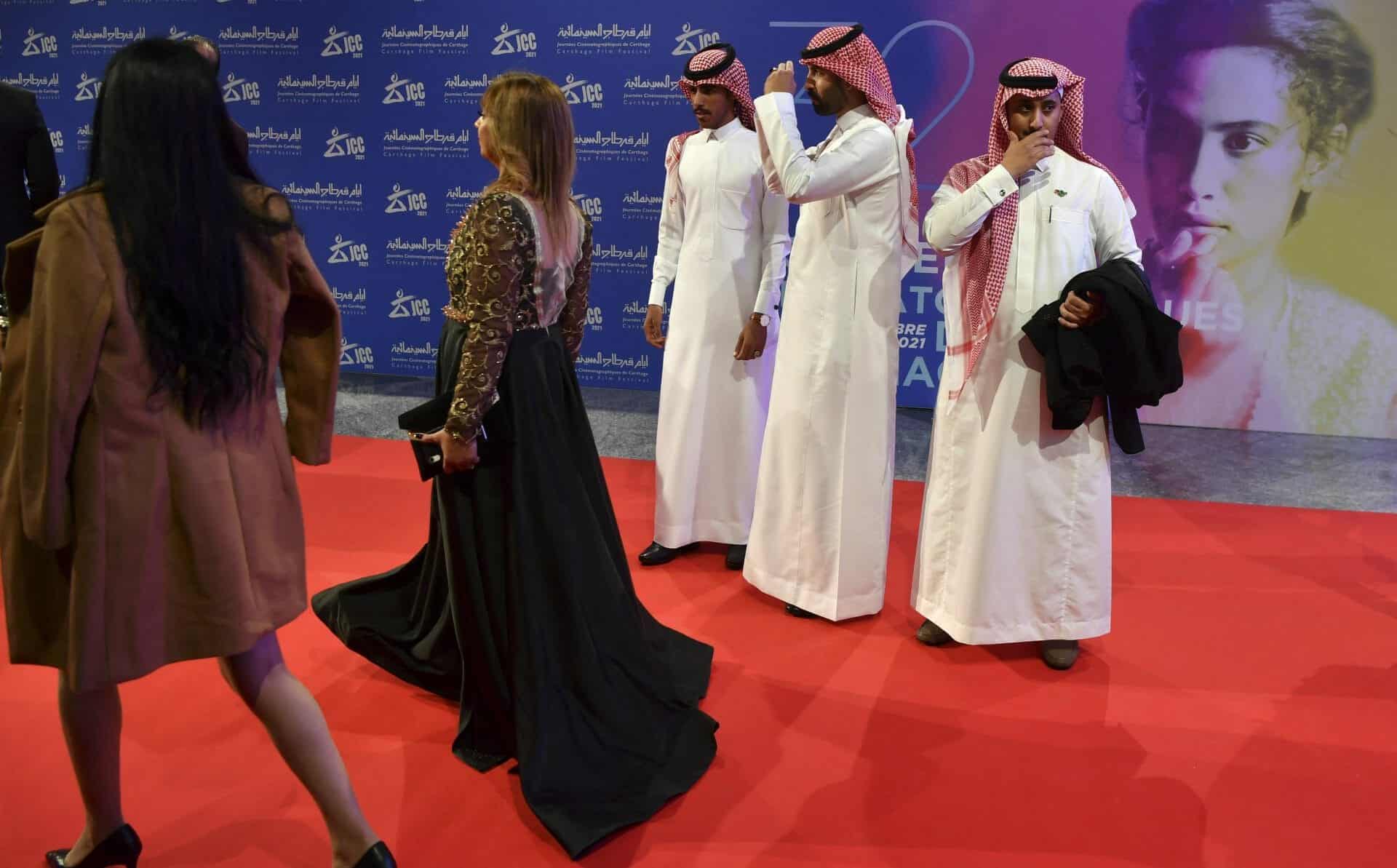Tunisia’s prestigious Carthage Film Festival has opened with a screening of “Lingui” — a movie from Chad about a teenage girl who seeks an abortion.
The festival showcases 57 diverse films from 45 Arab and African countries, with screenings not only in cinemas, but in prisons and military barracks too.
Social issues are a common thread of the festival, with the opening film Lingui, by Chadian director Mahamat-Saleh Haroun, telling the story of a 15-year-old seeking an abortion in a country where it is condemned.
Haroun said he was honoured to open the festival Saturday with “a taboo subject”.
“It is a… political choice on the part of the festival, because it is a sub-Saharan film, which talks about the rights of women, in Arab countries and around the world,” he said.
Under the slogan “Let’s dream, Let’s live”, the festival is taking place across the capital Tunis this week, with screenings and talks until Saturday.
The festival is “intended to be a celebration of art, creativity, cinema and life”, organizers say, and hopes to explore “new cinematographic trends in Africa and the Arab world”.
Entries from Arab nations include films from Egypt, Iraq, Saudi Arabia, Qatar and Yemen, while from sub-Saharan Africa they include movies from Ghana, Madagascar, Mali, Somalia and South Africa.
Other films include Egyptian director Ali Al Arabi’s 2021 film “Captains of Zaatari”, about refugees in Jordan wanting to become professional footballers, and Jessica Beshir’s 2021 film from Ethiopia, “Faya Dayi”, of young people’s dreams under a harsh regime.
The official selection also includes a documentary by Syrian filmmaker Amel Alzakout, “Purple Sea”, made from images filmed when she fled Syria and the boat on which she was traveling sank off the Greek coast.
Veteran Italian producer Enzo Porcelli is chair of the jury, alongside others including Angolan actor Hoji Fortuna, Egyptian film critic Tareq Al Shennawy, Iranian director Ahmad Bahrami and Haitian director Gessica Geneus.








